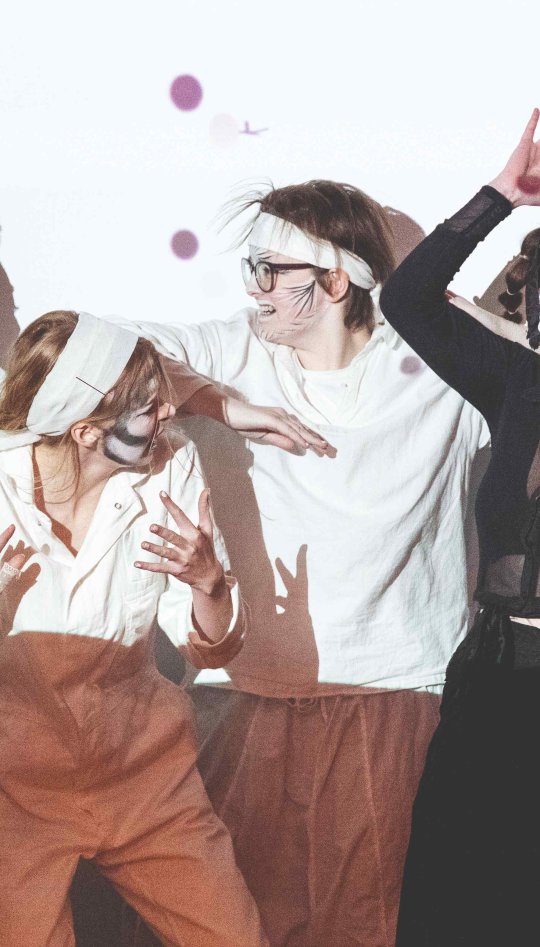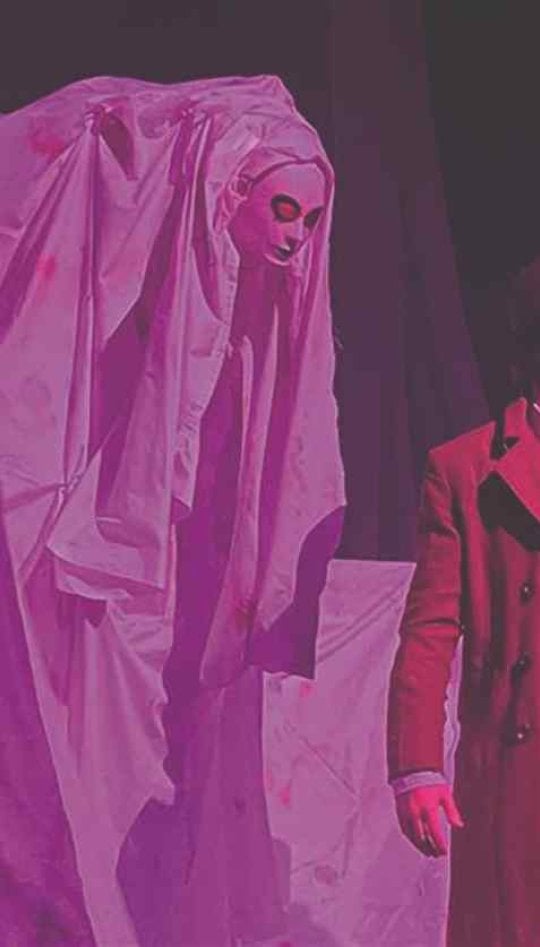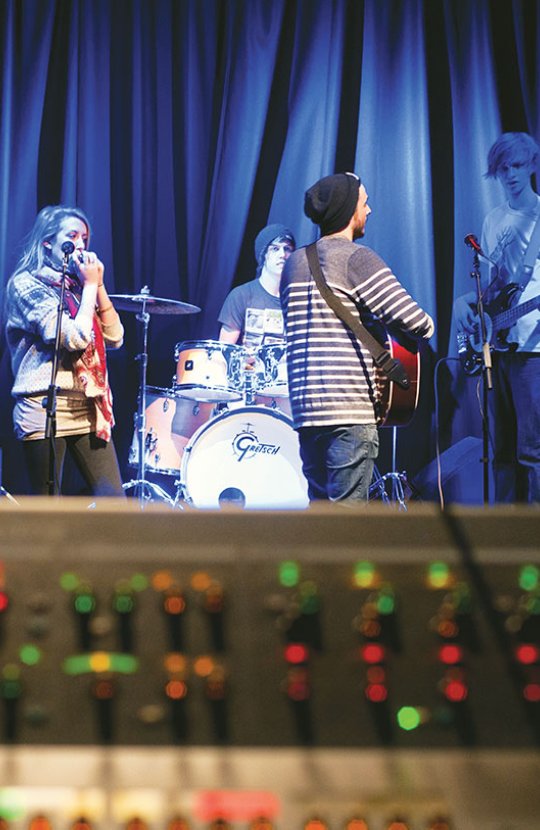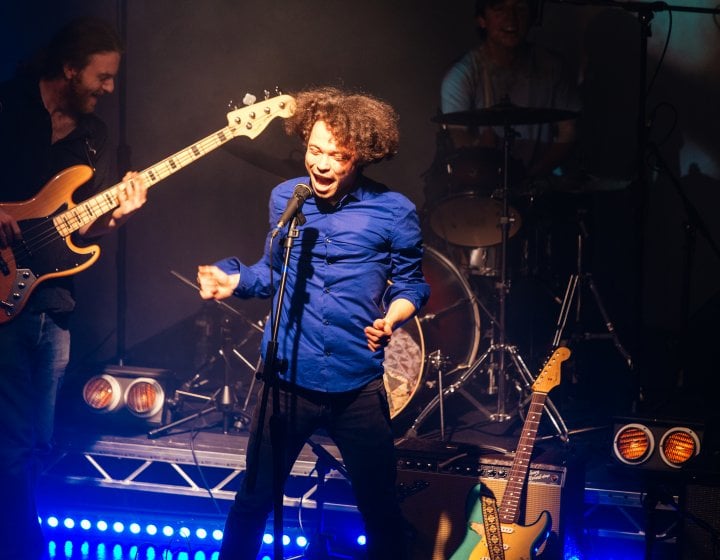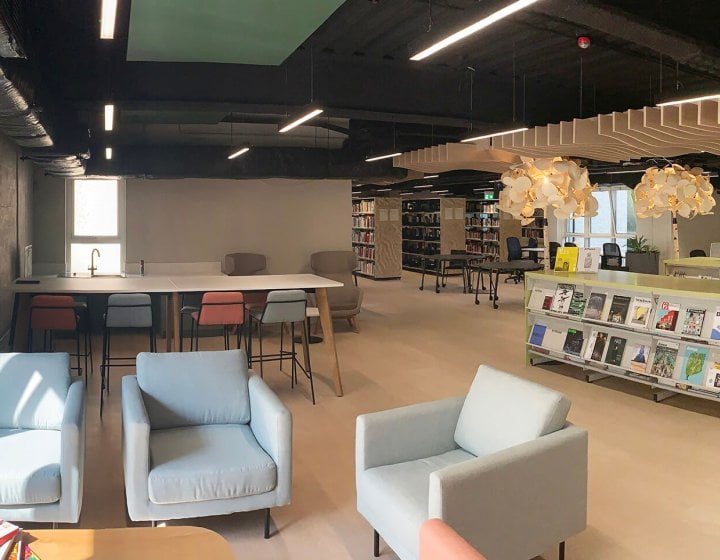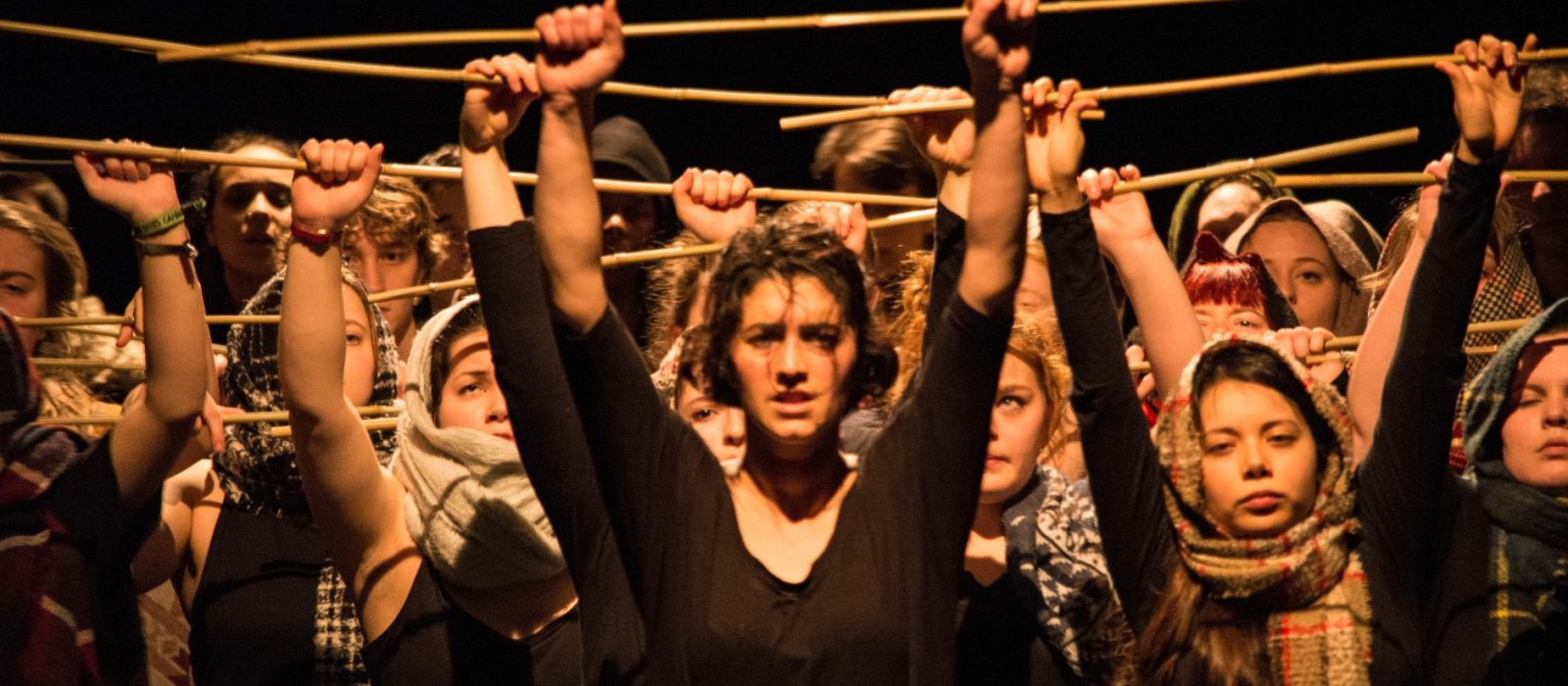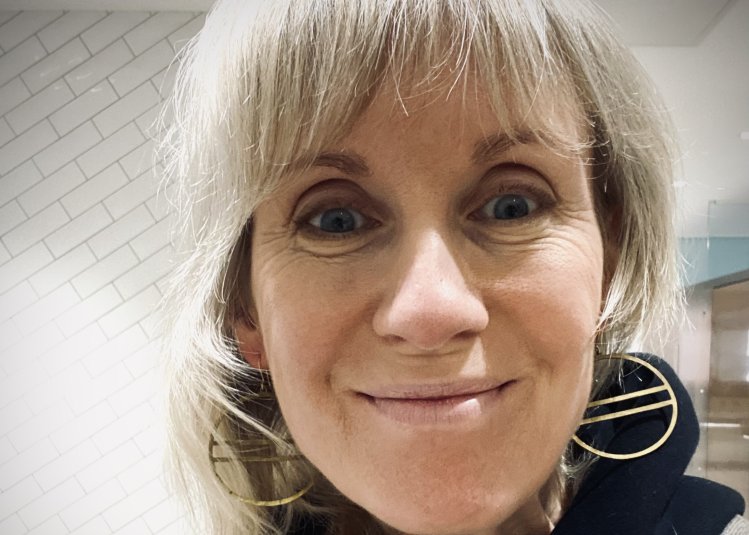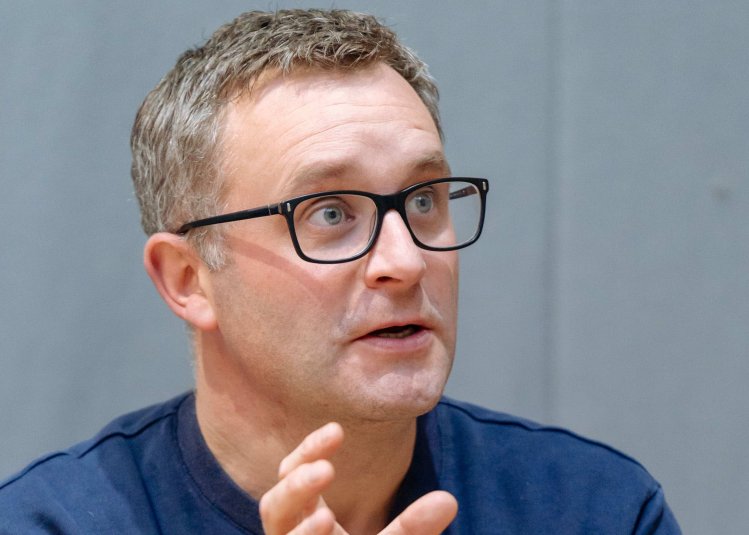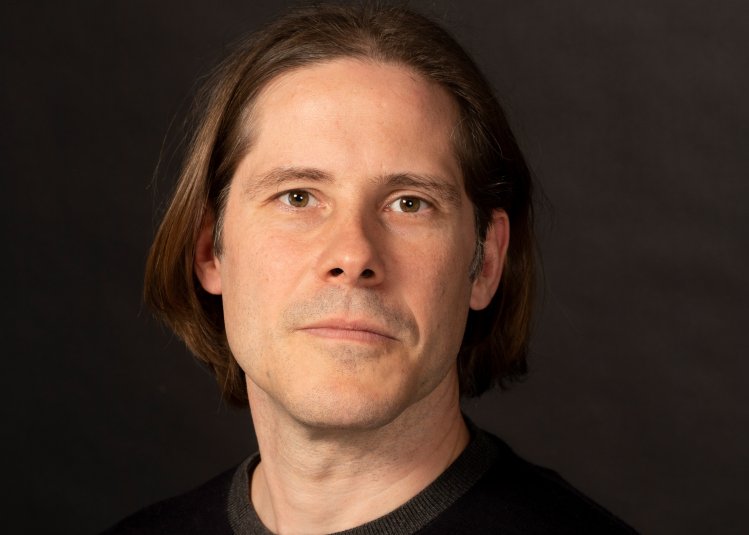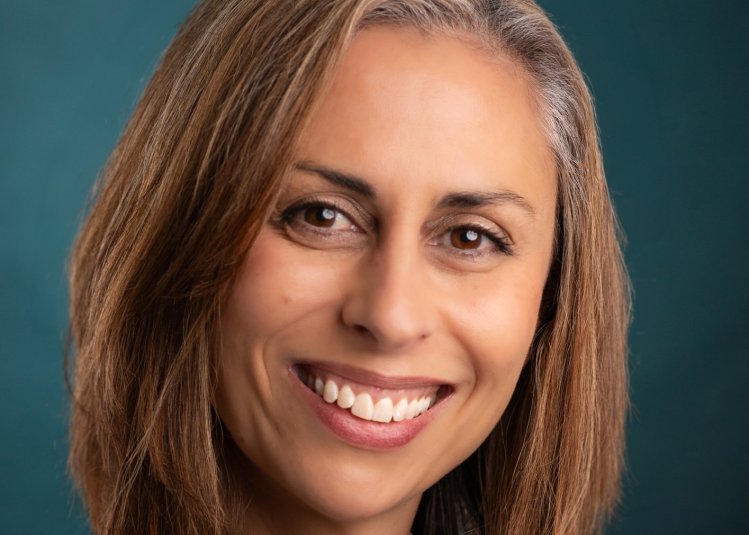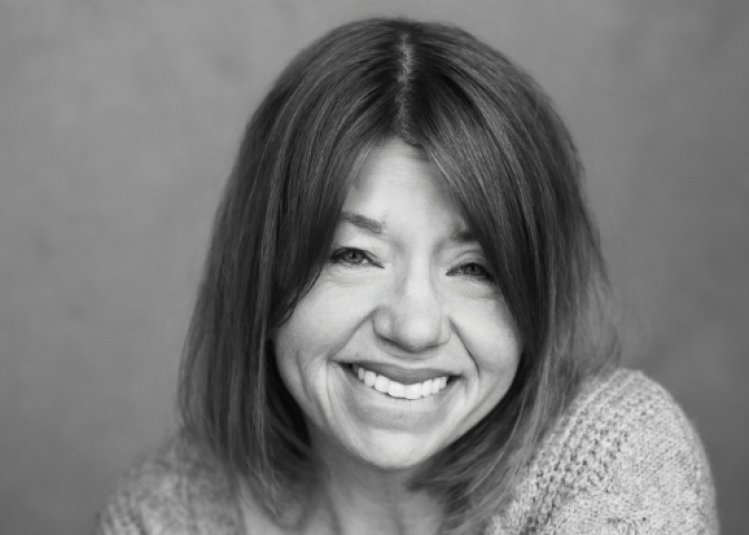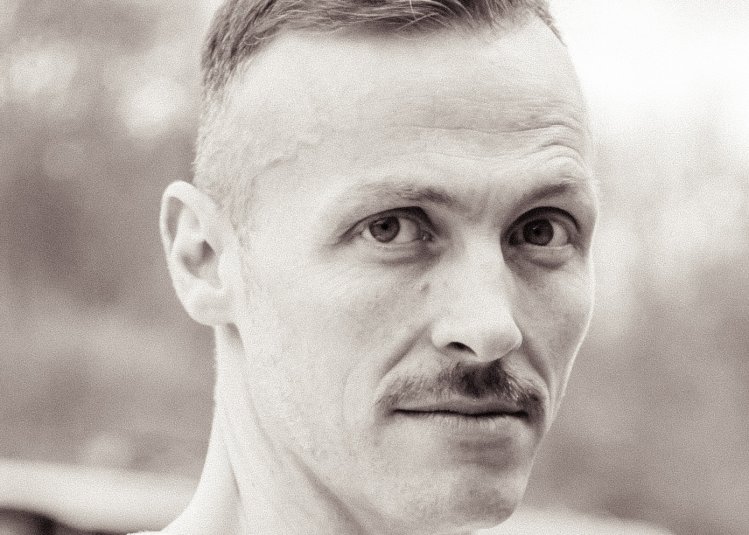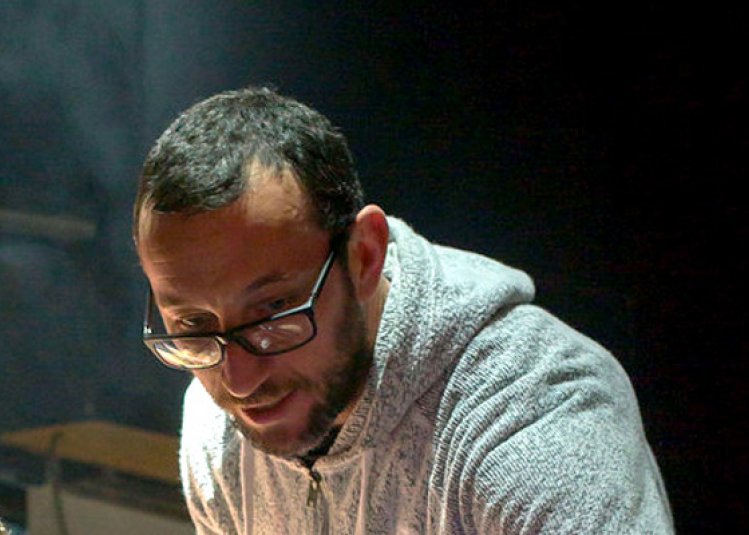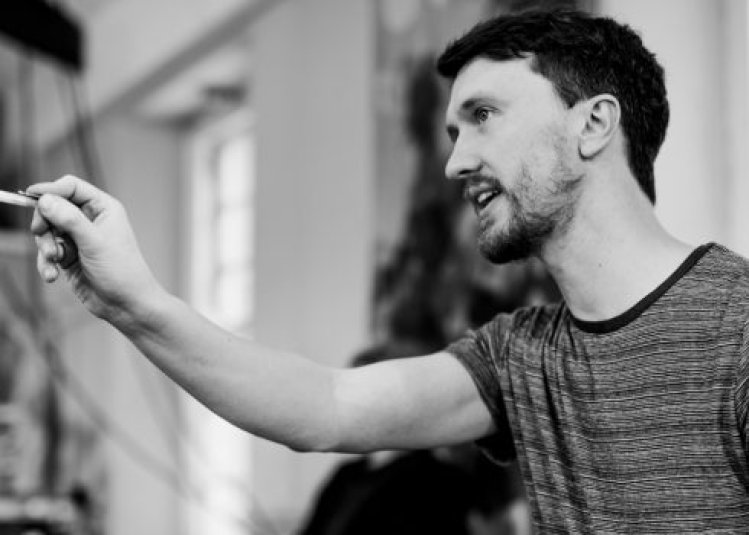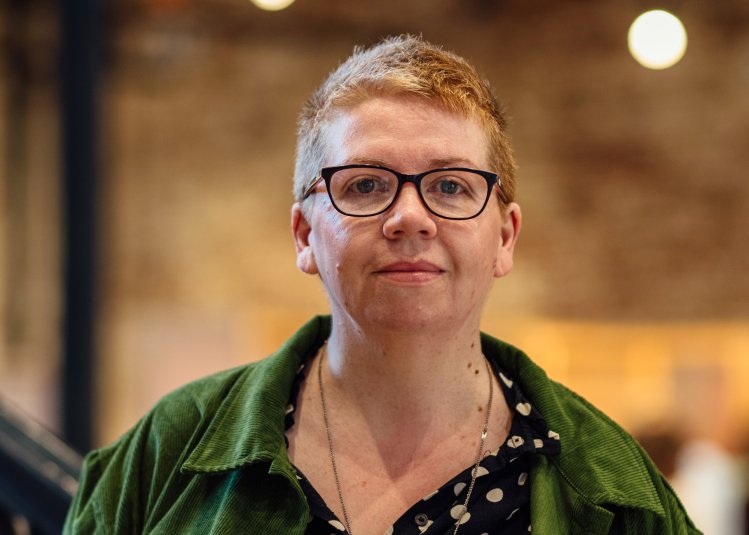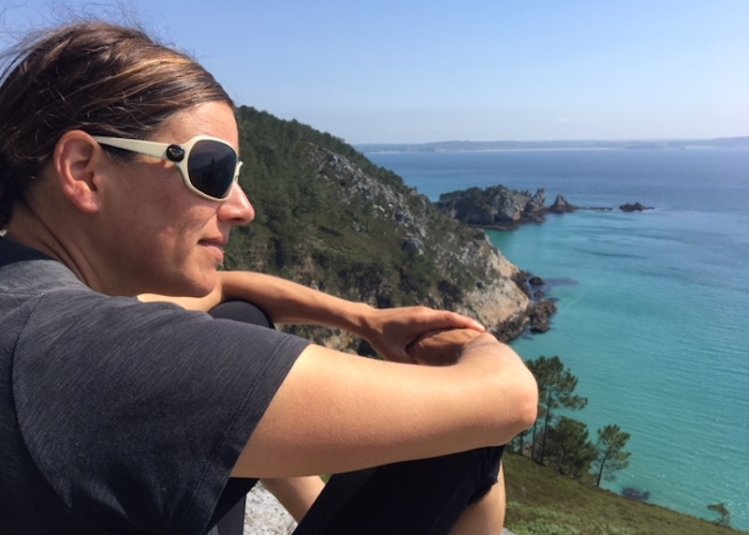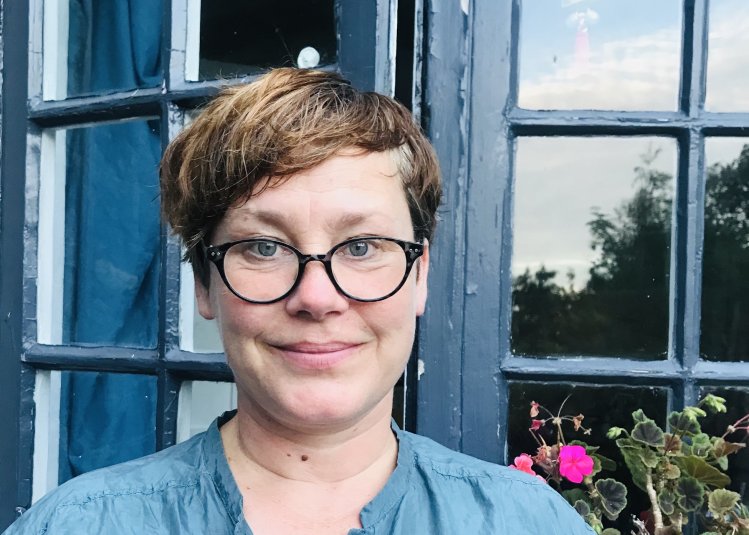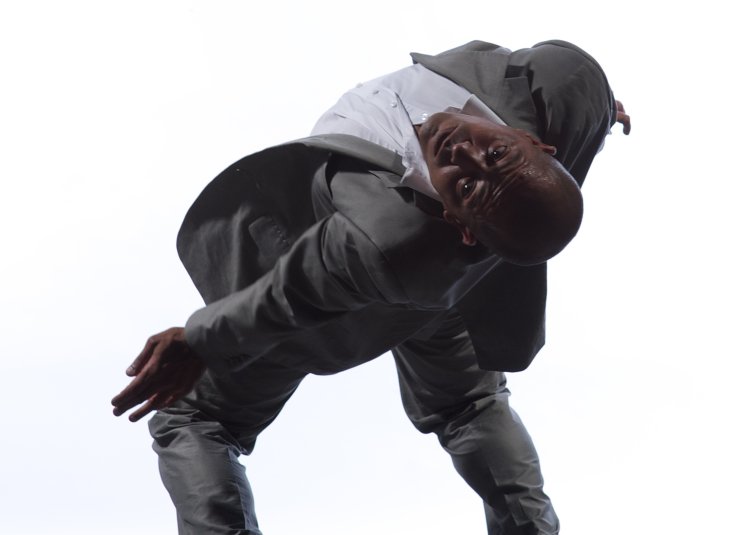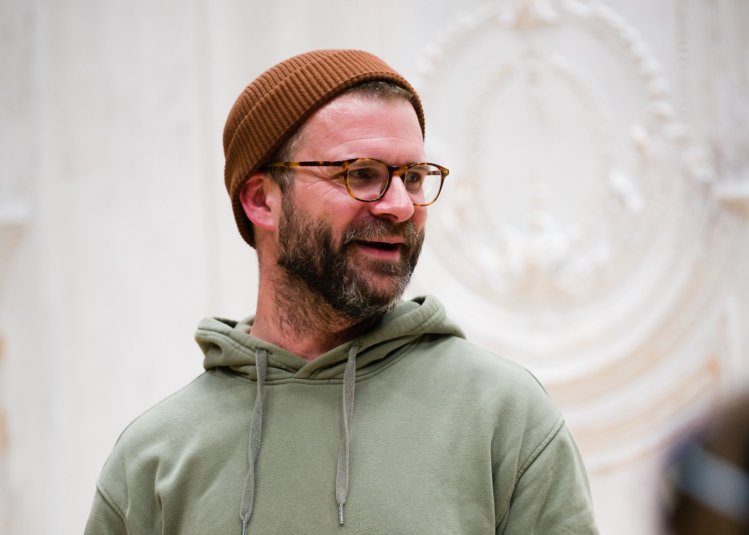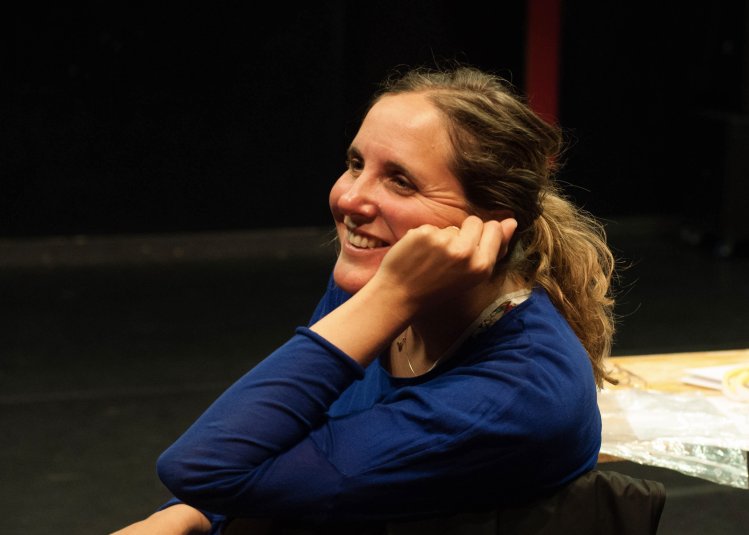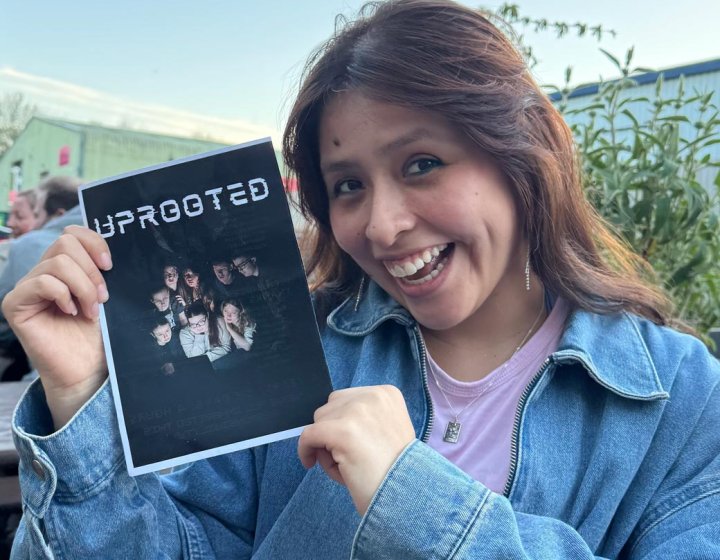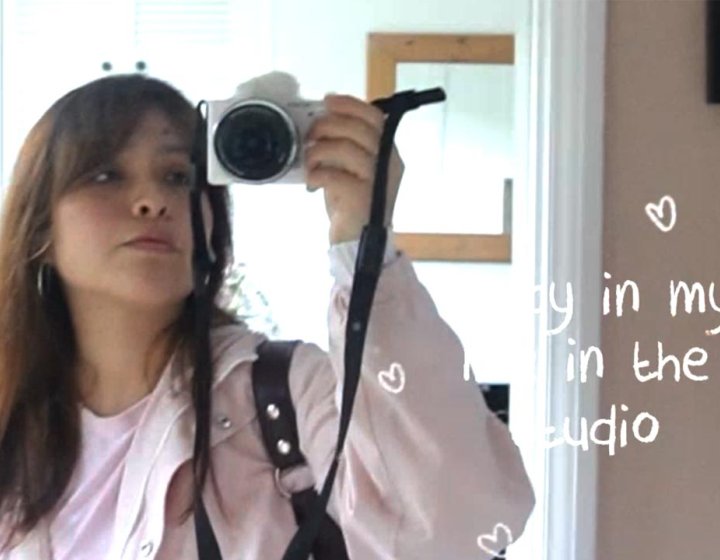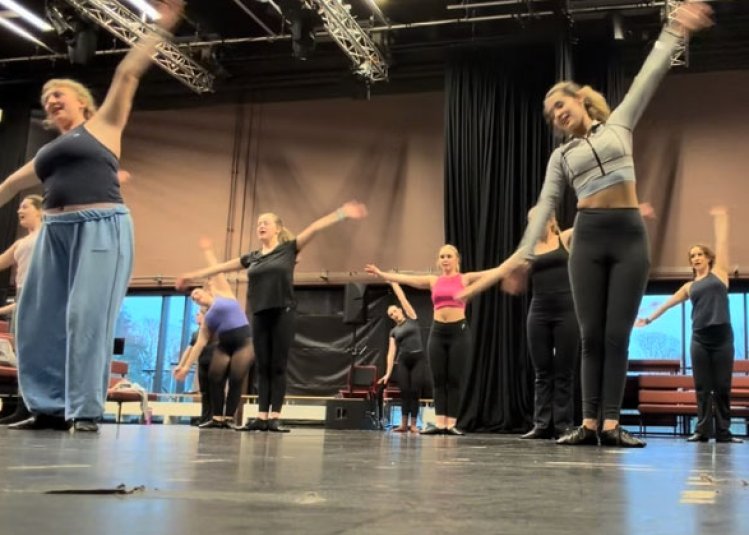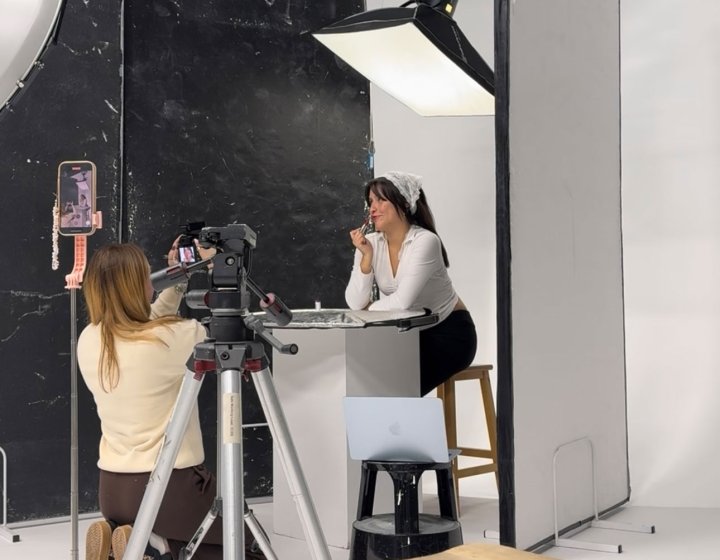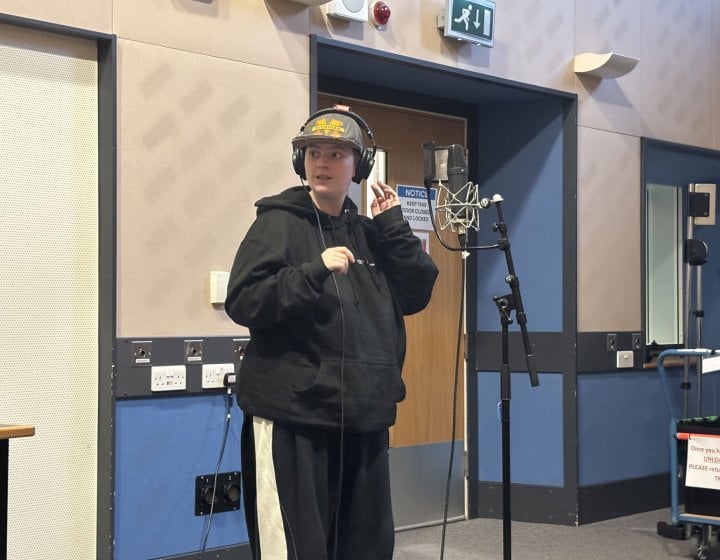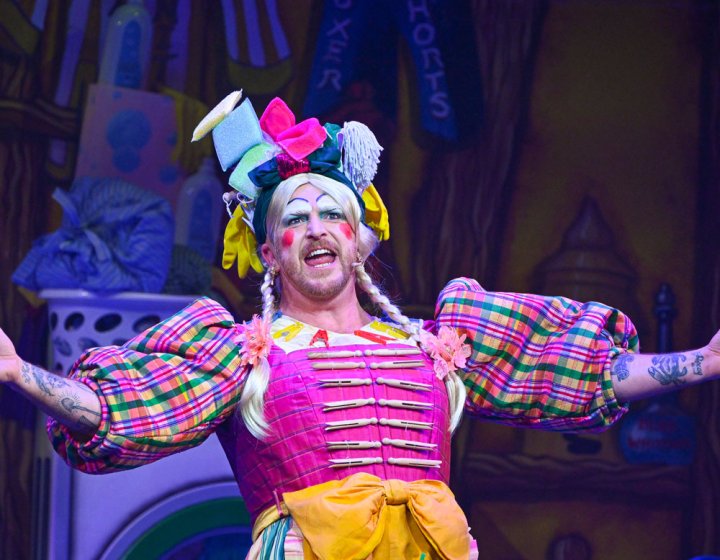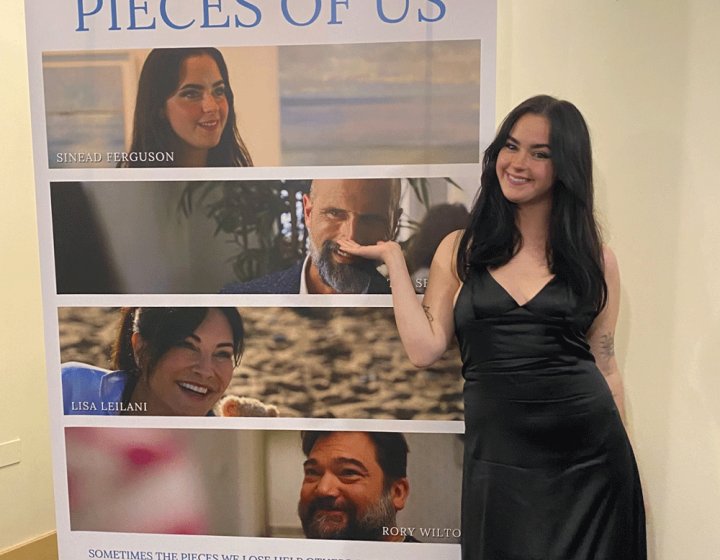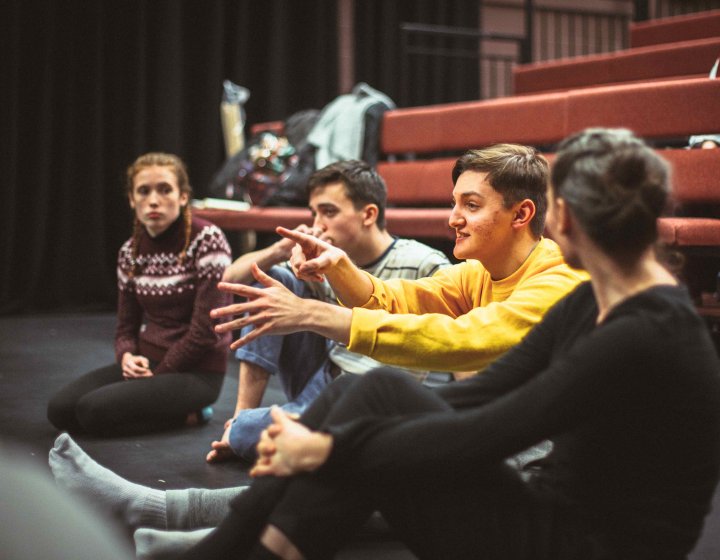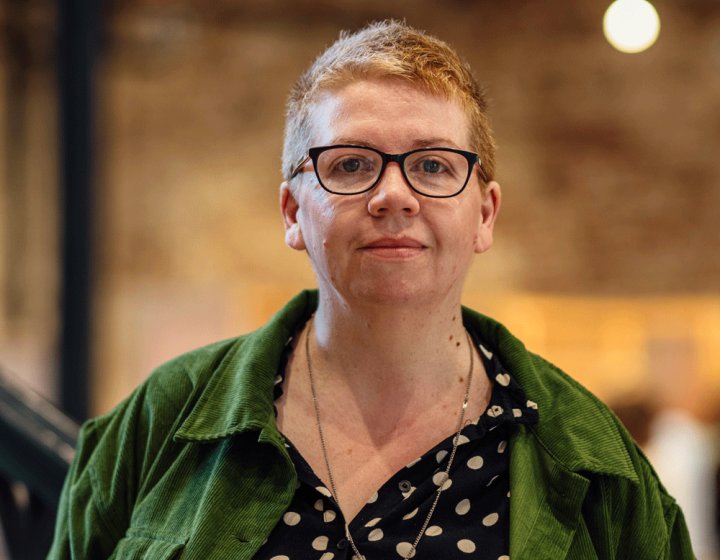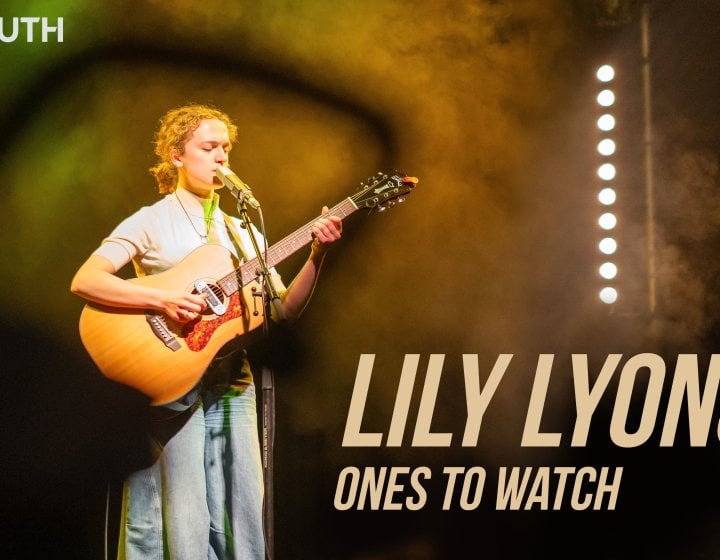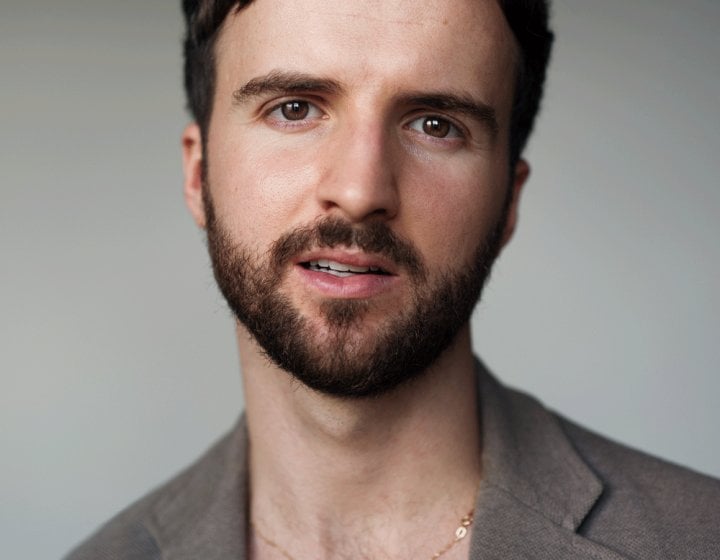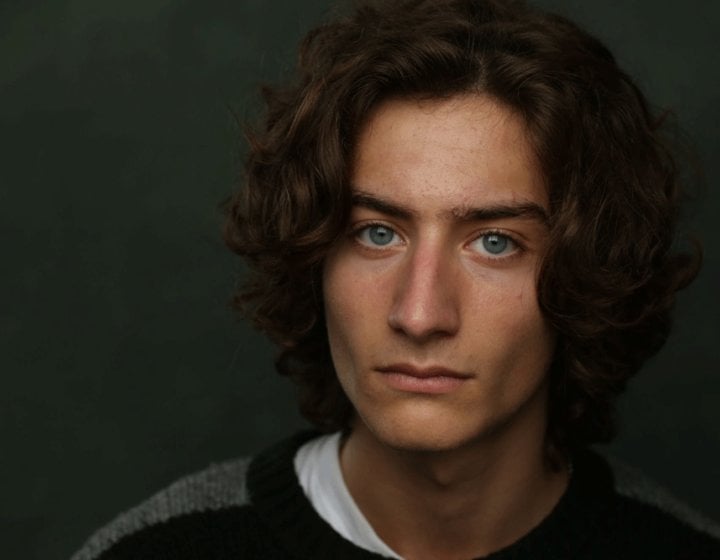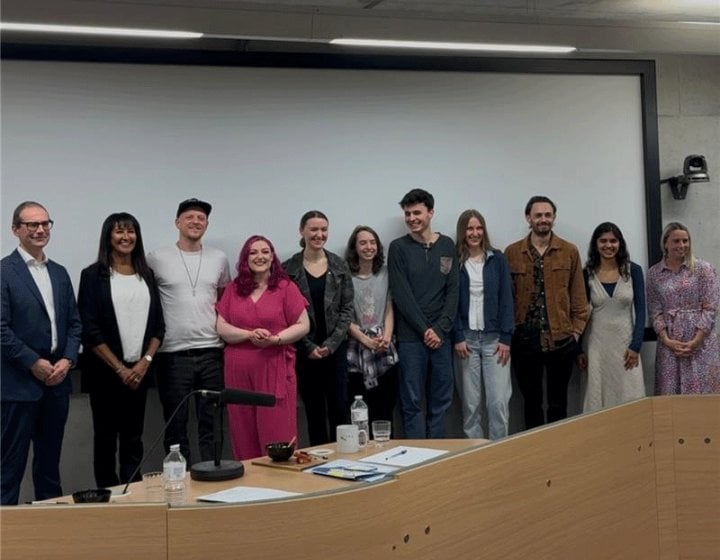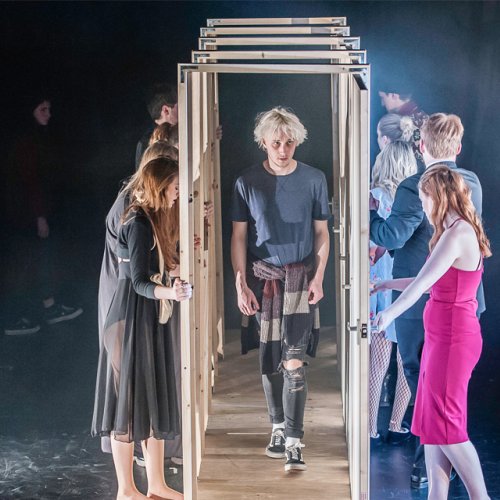Course overview
Help to shape the future of performance as a powerful contemporary artform on this multidisciplinary Theatre & Performance degree. Created to develop passionate hands-on practitioners who want to bring powerful theatre and storytelling to life, you will be supported to become a culturally aware and adaptable live performance artist.
With audiences hungry for innovative and engaging shows, this course responds directly to the industry’s need for collaborative and highly skilled creative explorers. From the start, you'll be trained by makers, practitioners and academics as you develop a diversity of theatre making skills in addition to performance prowess – including devising, directing, writing, scenography and digital technology, building your confidence as an industry-facing professional.
Taught within our Academy of Music & Theatre Arts (AMATA), underpinned by intensive practical work, you will collaborate across disciplines, creating performances that push the boundaries of technology and art and given the freedom to express an individual approach to your practice.
With the emphasis on learning by doing and interrogating all elements of live productions, you’ll graduate as a creatively confident and physically skilled practitioner who can manage, produce, perform and professionally facilitate your own work – ready to build your name in the industry.
Why study this course at Falmouth?
- Work with highly skilled and experienced practitioners, artists, academics and creative technicians.
- Have access to the latest resources and technologies, including green screen, motion capture and virtual reality resources, as well as an extensive range of technical sound, lighting and recording and editing equipment.
- Benefit from AMATA’s year-round performance programme, which attracts top artists and performers across a range of disciplines.
- Build industry links through workshops, guest lectures and visits by companies such as Ad Infinitum, Beyond Face, Gecko, Prodigal Theatre, Wildworks, Miracle Theatre and The Royal Shakespeare Company.
- Create and take part in a diverse range of collaborative performance projects, including a major immersive production and your own Professional Project.
This course is an accredited degree with Spotlight and Equity. Students are eligible to join Spotlight in the first term of their final year. Inclusive of their membership, they have a wealth of support, content and events tailored explicitly towards this membership group from Spotlight.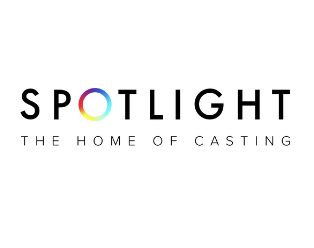
Similar courses
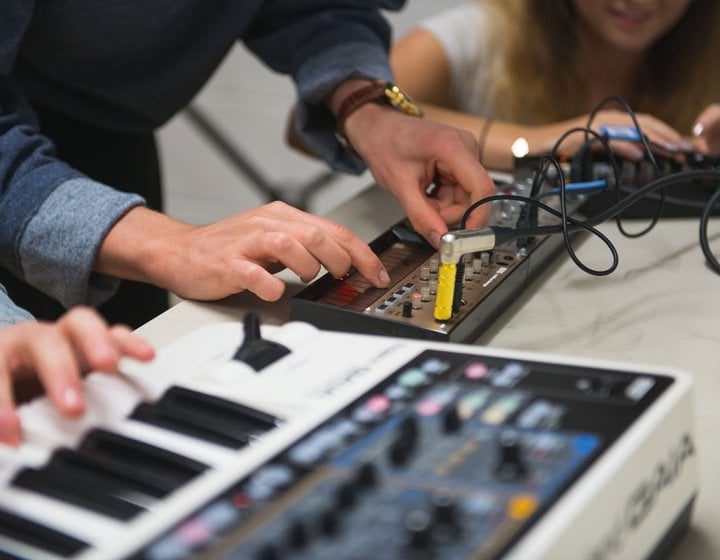
Sound Design BA(Hons)
Explore the boundaries of sound and its potential to transport an audience in different contexts, fr...
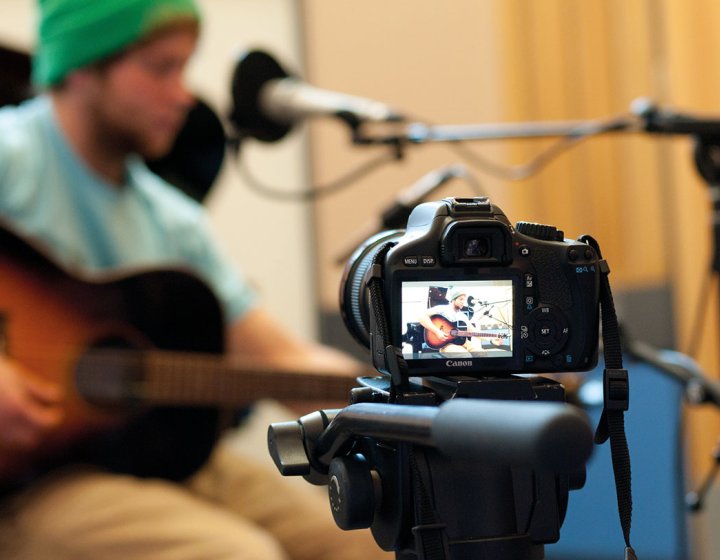
Music Business BA(Hons)
Get ready to shape the music business by mastering the skills needed to manage, create and innovate....
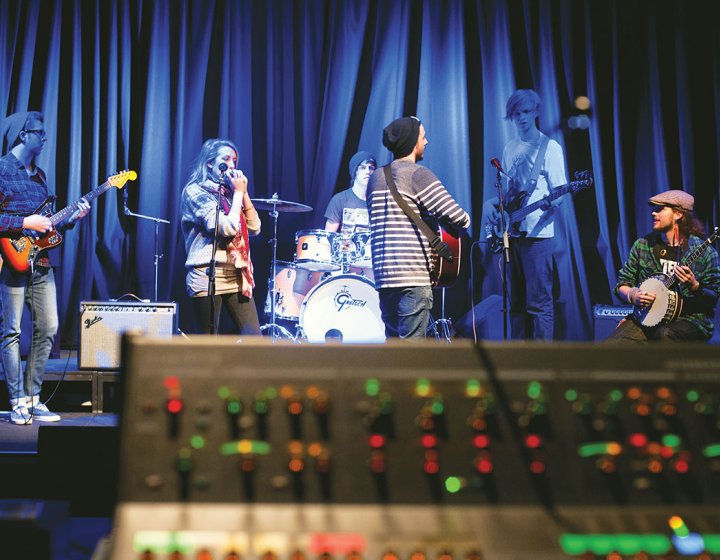
CertHE Music Courses
Take your first steps towards becoming a skilled creative music artist with one of our three CertHE ...
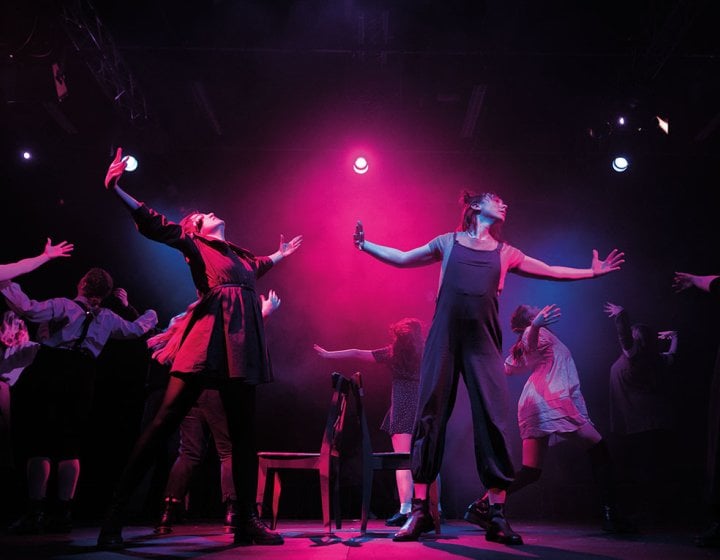
Musical Theatre BA(Hons)
Combining training in acting, singing and dance, this practice-led degree will empower you for a car...
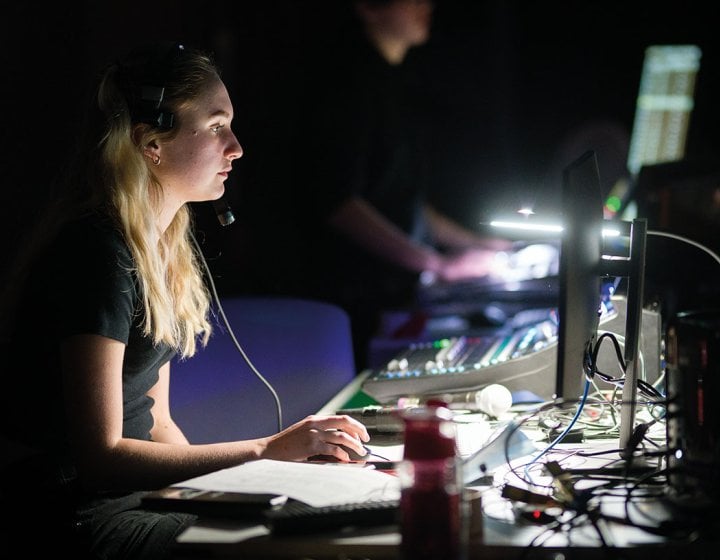
Technical Theatre Arts BA(Hons)
This course will provide you with the practical knowledge and skills needed to succeed in the exciti...
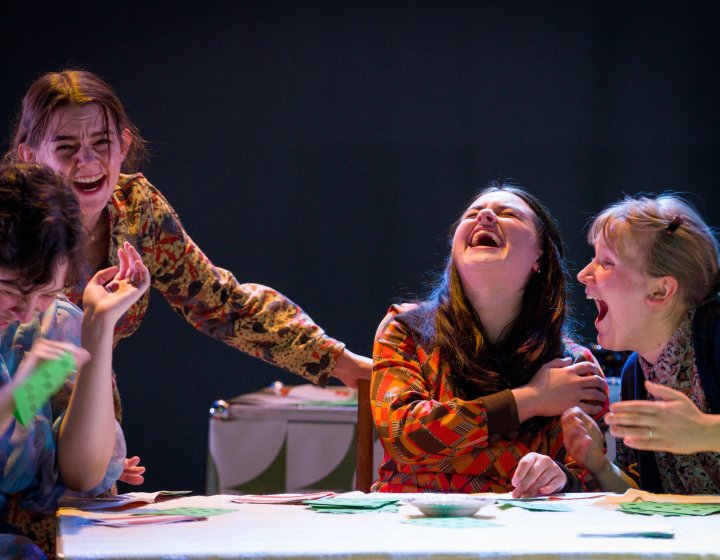
Acting BA(Hons)
Push boundaries to become a progressive actor in a highly creative and collaborative environment. Ba...
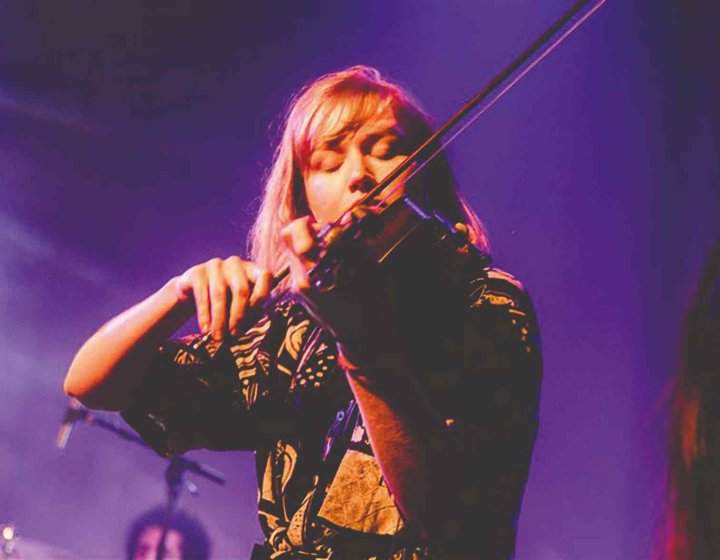
Music BA(Hons)
Prepare for a career as a professional musician with this industry-focused music degree. Based withi...
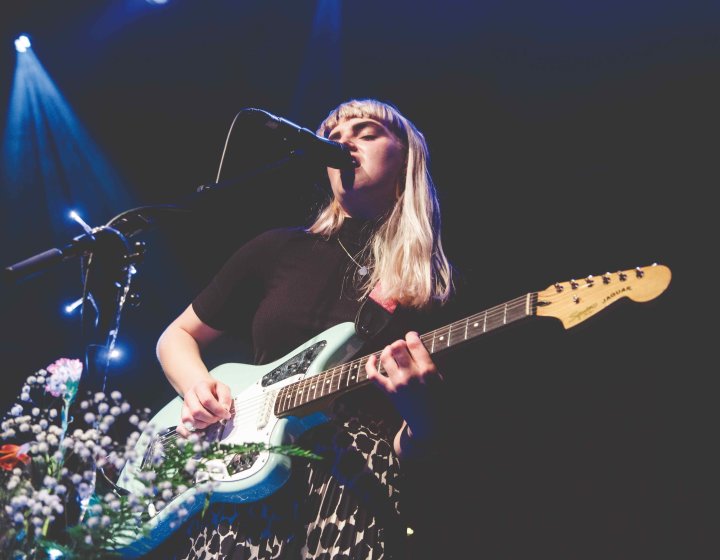
Popular Music BA(Hons)
Whether it’s underground or mainstream, DIY or commercial, acoustic or electric, this course is fo...
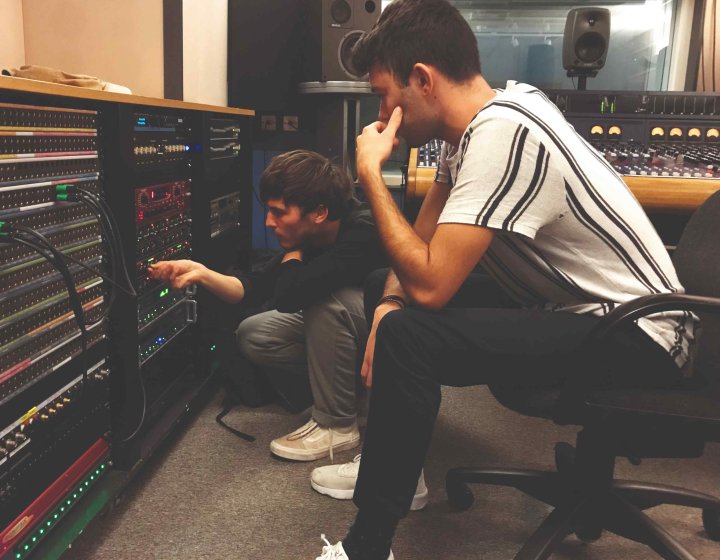
Creative Music Technology BA(Hons)
Develop the creative and technical abilities needed to thrive in the music industry. Exploring compo...
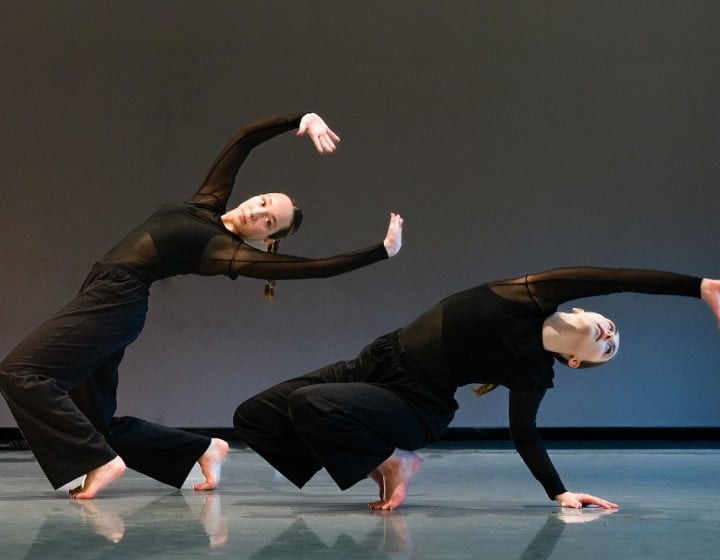
Dance & Choreography BA(Hons)
Launch your career as a dancer and an artist with this skills-focused dance degree. You’ll train i...
